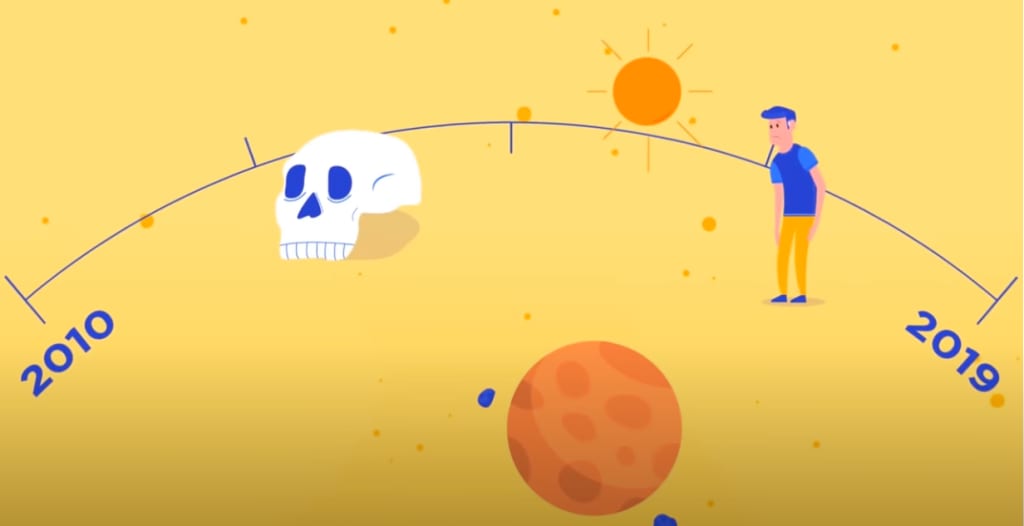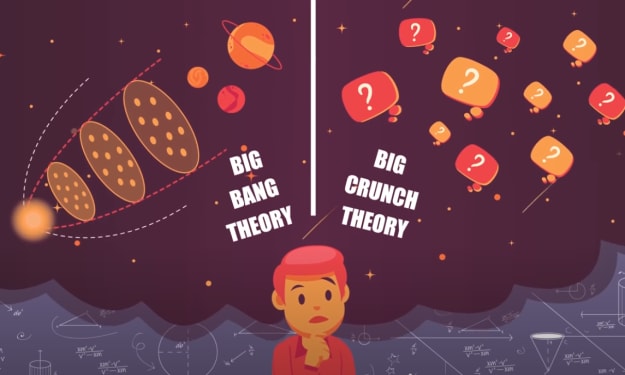The 5 Most Amazing Scientific Discoveries of the 2010s
Mind Blowing Facts

The 5 Most Amazing Scientific Discoveries of the 2010s
The 2010s were a time of incredible scientific discovery. Researchers across all disciplines made groundbreaking progress, from understanding the Higgs boson to imaging a black hole for the first time. Here are five of the most amazing scientific discoveries of the decade:
Pluto
In 2006, Pluto was downgraded from a planet to a dwarf planet. But that didn't stop scientists from being fascinated by this icy world. In 2015, the New Horizons spacecraft flew past Pluto, sending back stunning images of its surface. These images revealed a world that was far more complex and diverse than anyone had expected. Pluto has mountains, valleys, craters, and even a heart-shaped region of ice.
2. The Higgs boson
The Higgs boson is a subatomic particle that is thought to be responsible for giving other particles their mass. It was first theorized in the 1960s, but it wasn't until 2012 that it was finally discovered at the Large Hadron Collider in Switzerland. The discovery of the Higgs boson was a major breakthrough in physics, and it helped to complete our understanding of the Standard Model of particle physics.
3. Kepler
The Kepler space telescope was launched in 2009 to search for exoplanets, or planets that orbit stars other than the Sun. In the decade since its launch, Kepler has discovered more than 4,000 exoplanets, including some that are potentially habitable. The discovery of these exoplanets has revolutionized our understanding of the universe, and it has raised the possibility that there may be life on other worlds.
4. The world's climate
The 2010s were also a decade of increasing awareness of climate change. Scientists have shown that the Earth's climate is warming at an alarming rate, and that this warming is caused by human activities such as the burning of fossil fuels. The consequences of climate change are already being felt around the world, in the form of rising sea levels, more extreme weather events, and changes in plant and animal life.
5. Black holes
Black holes are some of the most mysterious objects in the universe. They are so dense that not even light can escape their gravitational pull. In 2016, scientists made the first direct detection of gravitational waves, which are ripples in space-time that are caused by the collision of black holes. This discovery confirmed Einstein's theory of general relativity, and it provided new insights into the nature of black holes.
These are just a few of the amazing scientific discoveries that were made in the 2010s. These discoveries have helped us to better understand our world and universe, and they have the potential to change our lives in profound ways. I can't wait to see what new discoveries are made in the 2020s.
In addition to these five discoveries, here are some other notable scientific discoveries of the 2010s:
The discovery of CRISPR-Cas9, a gene-editing tool that has the potential to revolutionize medicine.
The development of new technologies for studying the brain, such as fMRI and EEG.
The sequencing of the human genome, which has led to a better understanding of human health and disease.
The discovery of new planets and moons in our solar system.
The exploration of the Solar System by spacecraft such as Juno, New Horizons, and Cassini.
The 2010s were a decade of incredible scientific discovery, and it is clear that the pace of discovery is only going to accelerate in the years to come. I am excited to see what new discoveries are made in the 2020s and beyond.
About the Creator
Enjoyed the story? Support the Creator.
Subscribe for free to receive all their stories in your feed. You could also pledge your support or give them a one-off tip, letting them know you appreciate their work.





Comments
There are no comments for this story
Be the first to respond and start the conversation.